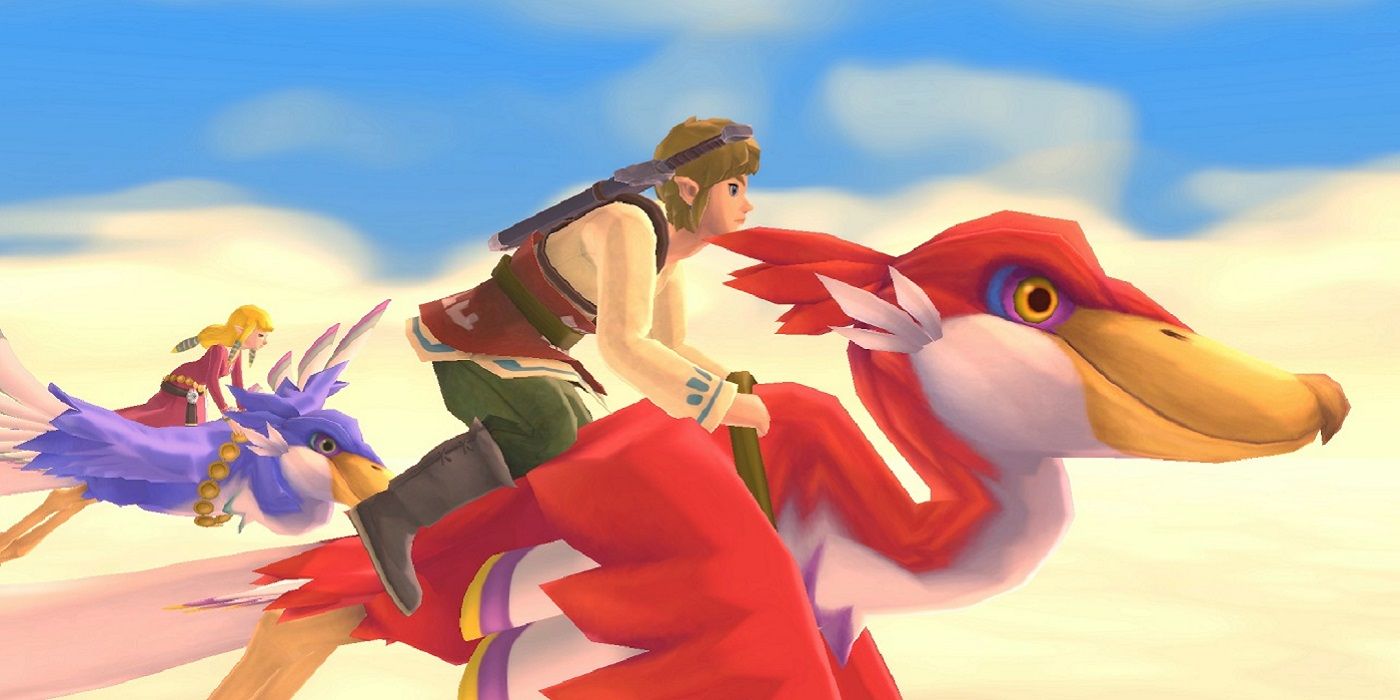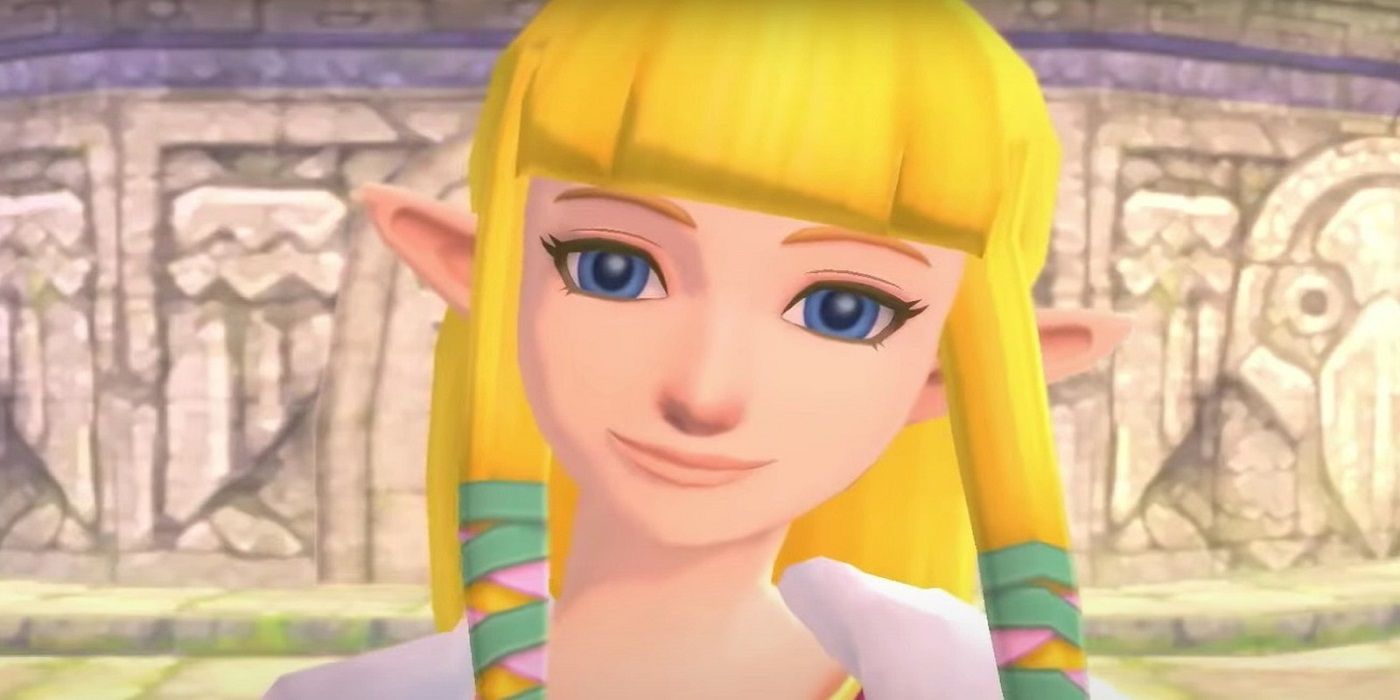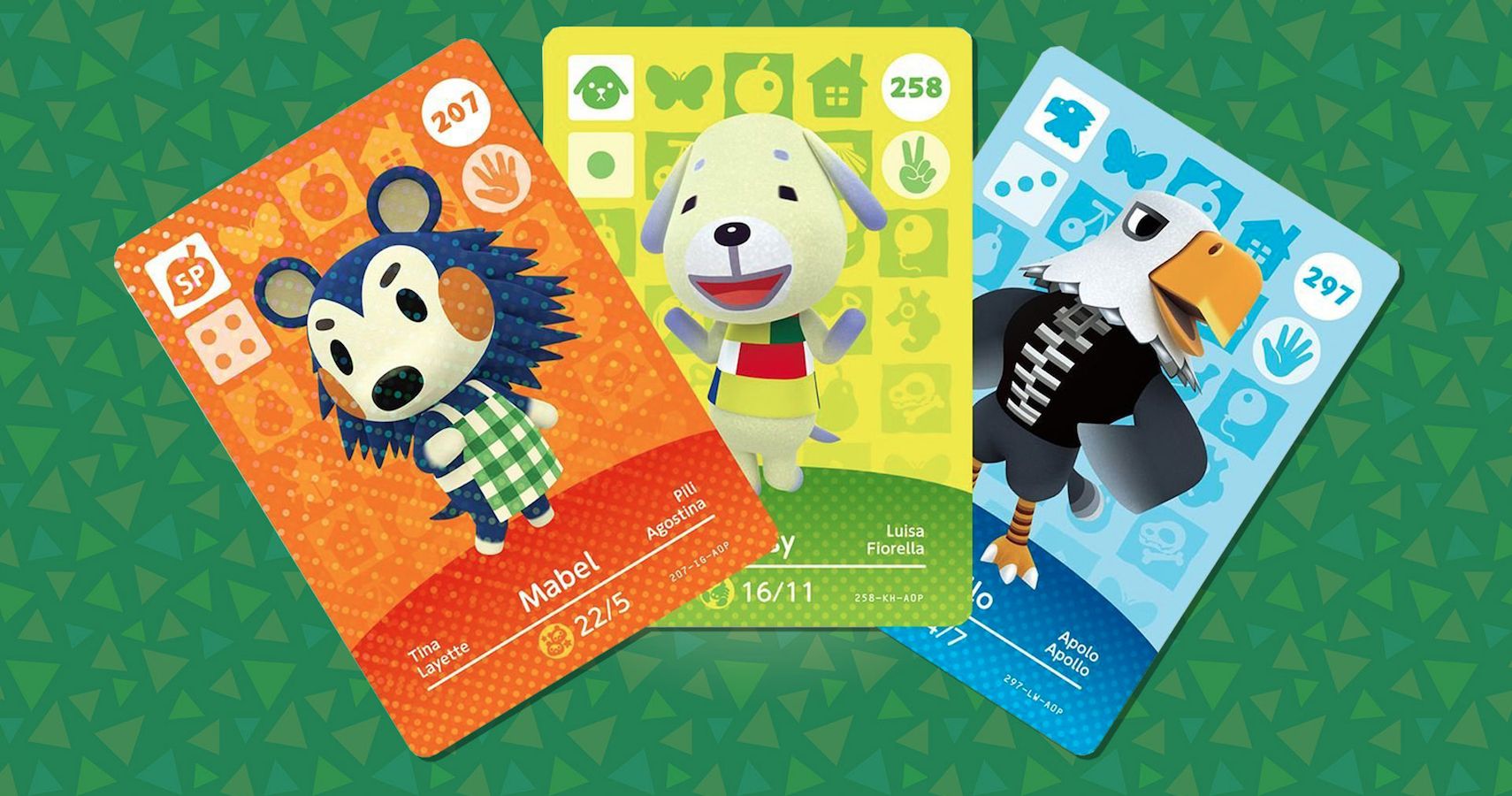
With the launch of The Legend of Zelda: Skyward Sword HD rapidly approaching, fans are beginning to grow excited. The Legend of Zelda: Skyward Sword HD may not have been the Legend of Zelda announcement most were hoping for at February's Nintendo Direct, but it was a welcome one regardless. Although Breath of the Wild 2 is always on the minds of Zelda fans, remakes were also right at the top of the wish list for The Legend of Zelda's anniversary this year. However, fans can only hope that Nintendo's recent amiibo announcement doesn't have too much of an impact on the gameplay and reception of the remake.
Nintendo caused an uproar among the Zelda community by announcing the latest amiibo for The Legend of Zelda: Skyward Sword HD. While players could always travel to the Sky in Skyward Sword by approaching a bird statue, the new Zelda and Loftwing amiibo allows Link to travel from any part of the map. Obviously, this is a major quality of life improvement, but many are angry about the fact that this is locked behind an amiibo paywall. This isn't the first time features have been tied to the purchase of amiibo in what is becoming quite a troubling Nintendo problem.
RELATED: How The Legend of Zelda: Skyward Sword Paved the Way for Breath of the Wild

In many cases, only minor rewards such as character outfits are offered by amiibo, but sometimes the amiibo rewards cross the line by blocking off major features. One of the more notable examples of amiibo crossing this line comes from the Metroid series. An entire difficulty setting was locked to the purchase of the Metroid amiibo in Metroid: Samus Returns, which was not well received by fans at the time.
On many occasions, amiibo have arguably pushed titles into the pay-to-win category by the amiibo gifting extra hearts or armor, for example. Notably, in Mario Odyssey, a Princess Peach amiibo rewards the player an extra Life-Up Heart, while a Mario amiibo grants the player temporary invincibility. This on top of the fact that presenting Uncle Amiibo with any amiibo will reveal the location of a Power Moon makes amiibo a very powerful tool in Odyssey. The ownership of amiibo can turn games into a cakewalk, which not only detracts from the overall experience, but also throws up questions as to why these features are hidden behind a paywall.

In a slight variation of the traditional amiibo, collectible amiibo cards are also available. These collectible cards offer the same perks as actual amiibo, but without the statue. Recently, these amiibo cards were made available for Animal Crossing: New Horizons, offering players the chance to ship their favorite Animal Crossing characters onto their island. In removing the amiibo statues from the equation altogether, and with little reason to buy Animal Crossing cards other than for the rewards they offer, the amiibo microtransaction aspect is laid bare. Rather than being cool extra features to go along with the player's purchase of a collectible, amiibo NPCs are a way to implement microtransactions.
Locking video game content behind a paywall has become increasingly common, but amiibo take this to another level by introducing scarcity to the equation. In tying game-changing features to the purchase of amiibo, Nintendo is withholding these features due to their limited run nature. In parallel to this, Nintendo last year released Super Mario 3D All-Stars under the caveat that the game would only be available for one year. The year is now up and Super Mario 3D All-Stars cannot be purchased on the Nintendo eShop, which leaves fans who missed the window with no option but to search for a physical copy.
This typifies the problem Nintendo fans face with amiibo. Though fans may be happy to purchase an amiibo to unlock content, whether or not they actually can is out of their hands. And with The Legend of Zelda: Skyward Sword walking the same path, it seems like Nintendo intends to keep this approach around for its biggest releases.
The Legend of Zelda: Skyward Sword HD launches July 16, exclusively for the Nintendo Switch.

